10 Effective IELTS Reading Strategies to Achieve High Scores
IELTS (International English Language Testing System) is one of the most important English proficiency certifications, opening doors to opportunities in education, career, and immigration. Among the four skills tested, Reading is often considered one of the most challenging for candidates. This article will guide you on how to effectively prepare for the IELTS Reading test, helping you improve your score quickly.
1. What is IELTS Reading?
The IELTS Reading section assesses a candidate’s ability to comprehend English texts. With lengthy passages and various types of questions, candidates must have a solid strategy to not only answer accurately but also manage time efficiently. The Reading section accounts for one-third of the overall IELTS score, making it crucial to practice this skill effectively to achieve your desired score.
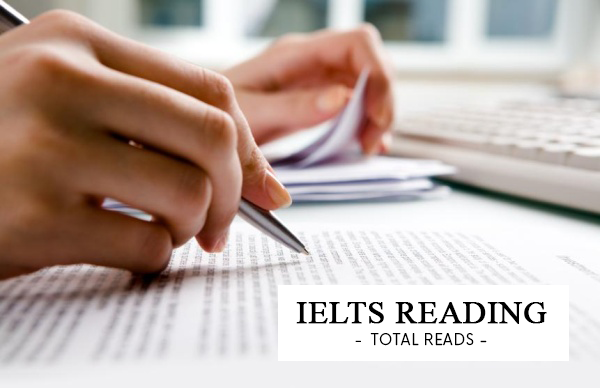
The Importance of Practicing IELTS Reading
Practicing IELTS Reading helps familiarize you with the test format, enhances reading comprehension, and develops analytical and quick information-processing skills. The Reading section requires a broad vocabulary, scanning skills, and an understanding of different question types such as True/False/Not Given, Matching Headings, Multiple Choice, and others.
2. Steps to Prepare for IELTS Reading Effectively
2.1. Set a Clear IELTS Reading Score Target
Setting a clear score goal is the first critical step. Research the IELTS Reading band score scale and determine the score you need for your academic or career goals. For a 7.0 or higher, you will need a strong reading comprehension ability and an in-depth study strategy.
2.2. Understand the Structure of the IELTS Reading Test
In the IELTS Reading test, you will face three passages, each approximately 900 words long, with a total of 40 questions. The test is divided into three sections, increasing in difficulty. Knowing the structure will help you allocate your time wisely.
2.3. Practice with Reliable Study Materials
To improve your IELTS Reading skills, choose trustworthy study materials like Cambridge IELTS, Official IELTS Practice Materials, or specialized IELTS learning websites. Reading a wide range of materials will not only build your vocabulary but also enhance your comprehension skills across various topics.
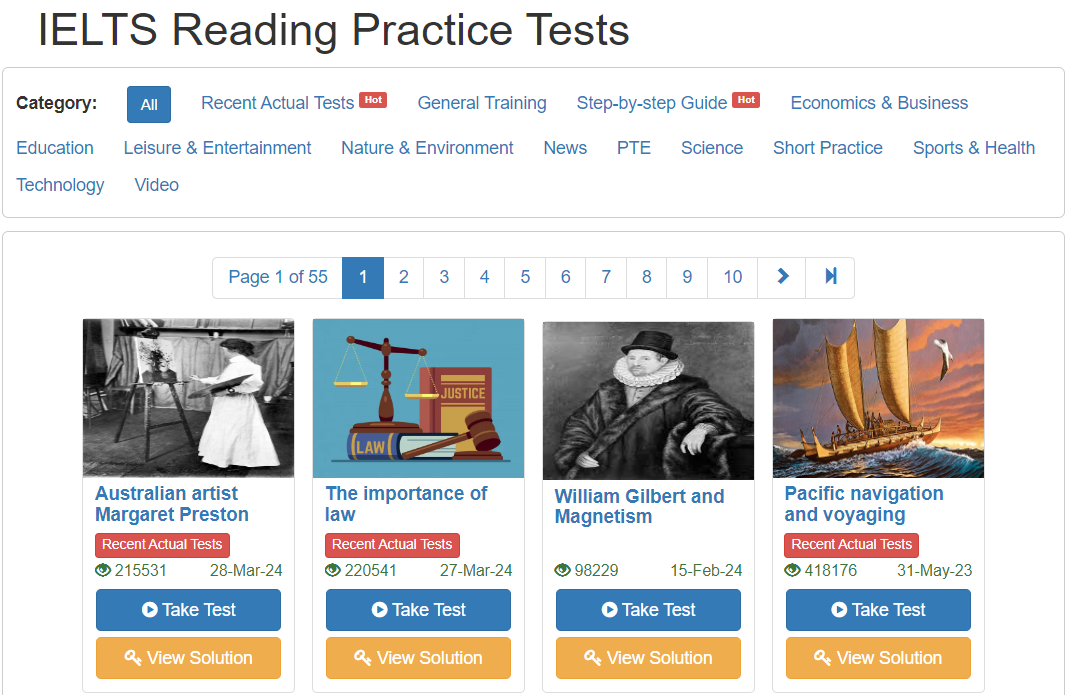
2.4. Master Topic-Specific Vocabulary
Vocabulary is key to understanding texts quickly. Common IELTS Reading topics include education, science, technology, environment, history, and culture. Study vocabulary by topic and practice using it in reading contexts.
2.5. Learn to Manage Time Efficiently
Time management is one of the biggest challenges in the IELTS Reading test. You have just 60 minutes to complete three passages and 40 questions. Effective time management is crucial. A helpful tip is not to spend too much time on a difficult question—move on and come back if time permits.
3. Effective IELTS Reading Test Strategies
3.1. Skimming
Skimming involves quickly glancing through the text to grasp the main idea without focusing on each detail. This skill helps you understand the overall message of the passage and locate necessary information more easily during the test.
3.2. Scanning
Scanning is the skill of looking for specific information in the text. This is especially useful for questions like True/False/Not Given or Matching Information, where you need to pinpoint exact details from the passage.
3.3. Predict the Content of Questions
A time-saving trick is to read the questions before reading the passage. This way, you can predict where the information is located and find it more quickly.
3.4. Avoid Question Traps
Many IELTS Reading questions include tricky information. For instance, words like “always,” “never,” and “all” can often lead to misunderstanding. Analyze both the questions and the passage carefully to avoid falling into traps.
3.5. Practice Popular Question Types

- True/False/Not Given: Requires identifying whether the information is true, false, or not mentioned in the text. Understanding each word in the passage and question is crucial for accuracy.
- Multiple Choice: Involves selecting the correct answer based on passage information. Eliminate incorrect options to find the right answer more easily.
- Matching Headings: Requires choosing the most suitable heading for each paragraph. Skim the paragraphs and select the title that best reflects the main idea.
4. How to Improve Vocabulary and Reading Speed for IELTS Reading?
4.1. Learn Vocabulary Systematically
Learning vocabulary by topic will help you not only memorize words but also use them effectively in context. Using flashcards or vocabulary apps like Quizlet can help you quickly remember new words.
4.2. Read English Books, Newspapers, and Magazines Daily
Regularly reading English books, newspapers, and magazines will expose you to various topics and writing styles. Choose high-quality sources such as The Economist, National Geographic, or BBC News for practice.
4.3. Practice with Sample IELTS Tests
Practicing with sample IELTS tests is a great way to assess your skills and improve your score. Use sample tests from reliable sources and simulate real exam conditions.
5. Conclusion: IELTS Reading is Easier Than You Think
Achieving a high score on the IELTS Reading test is not impossible if you have the right strategies and are diligent in your practice. By mastering the test structure, practicing with quality materials, and improving your vocabulary, you can reach your desired score.
Contact Information:
- Email: totalreads.store@gmail.com
- Website: totalreads.store
- Facebook: facebook.com/totalreads.store
- IELTS Band Score: Everything You Need to Know to Achieve a High Score
- The Most Effective Strategies to Boost Your IELTS Reading Band Score for Every Student
- Boost Your Chances of Acing IELTS with Mini IELTS: The Ultimate Platform for Every Candidate
- 7 Effective Tips for Online IELTS Testing – Achieve the Highest Score with an Optimal Study Plan
- IELTS Scoring Scale: 9 Tips You Need to Know to Achieve a High Score and Conquer the Test
Bài viết cùng chủ đề:
-
IDP IELTS – Your Key to Success with Optimized Methods for the IELTS Exam
-
Edmicro IELTS – The Comprehensive Solution to Help You Master IELTS Effectively
-
British Council IELTS: Proven Strategies and Effective Study Plan for Your IELTS Success
-
7 Key Tips to Boost Your IELTS Band Score Quickly and Effectively
-
The Most Effective Strategies to Boost Your IELTS Reading Band Score for Every Student
-
Boost Your Chances of Acing IELTS with Mini IELTS: The Ultimate Platform for Every Candidate
-
IELTS Reading Practice for High Scores: Effective Study Strategies from A-Z
-
IELTS Bro: The Ultimate IELTS Study Plan for Achieving High Scores
-
IELTS Band Score: Everything You Need to Know to Achieve a High Score
-
IELTS Band Score: Tips to Achieve a High Score in the IELTS Exam
-
IELTS Scoring Scale: 9 Tips You Need to Know to Achieve a High Score and Conquer the Test
-
Master IELTS with IELTS Fighter – The Ultimate A to Z Guide for Achieving Your Dream Score
-
IELTS Online Test: A Convenient Solution to Conquer the IELTS Exam Quickly and Effectively!
-
IELTS: The Key to Future Success – A Comprehensive Guide from A to Z to Achieve High Scores
-
7 Effective Tips for Online IELTS Testing – Achieve the Highest Score with an Optimal Study Plan


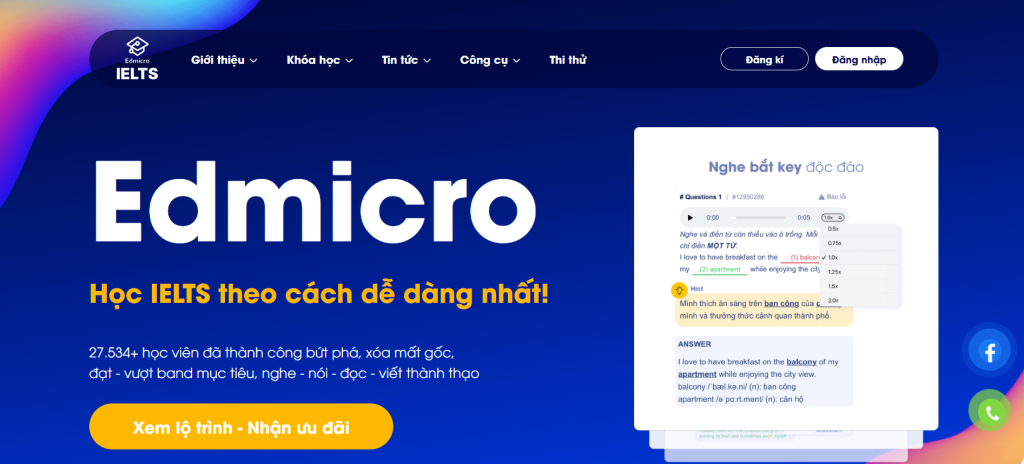
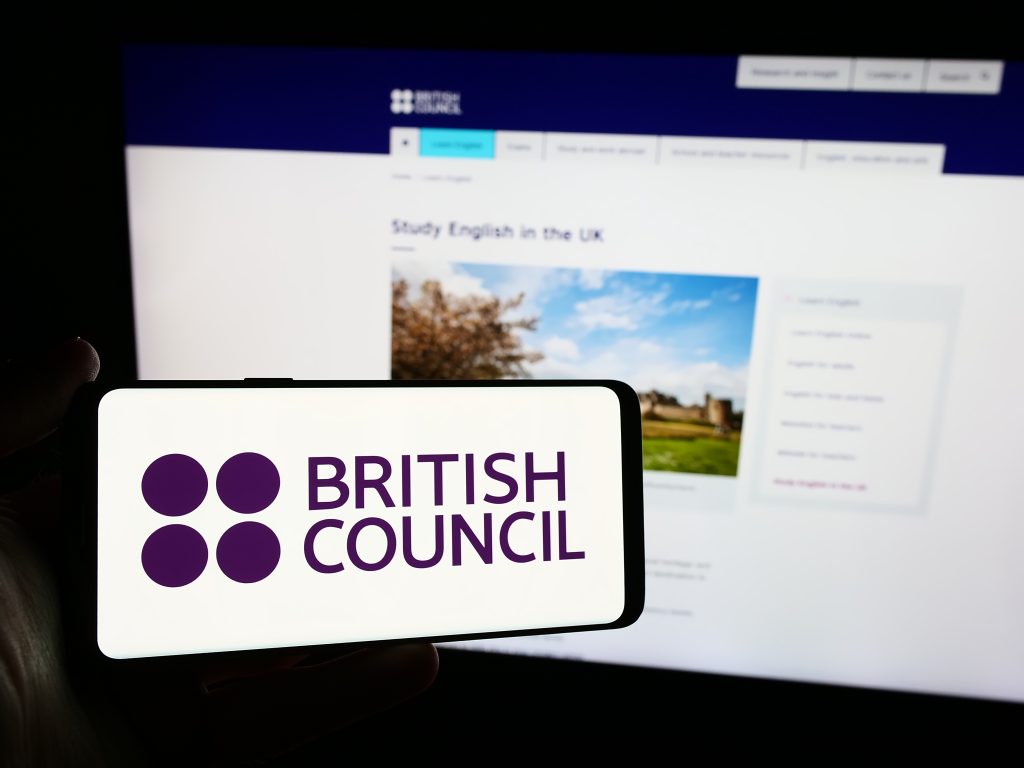


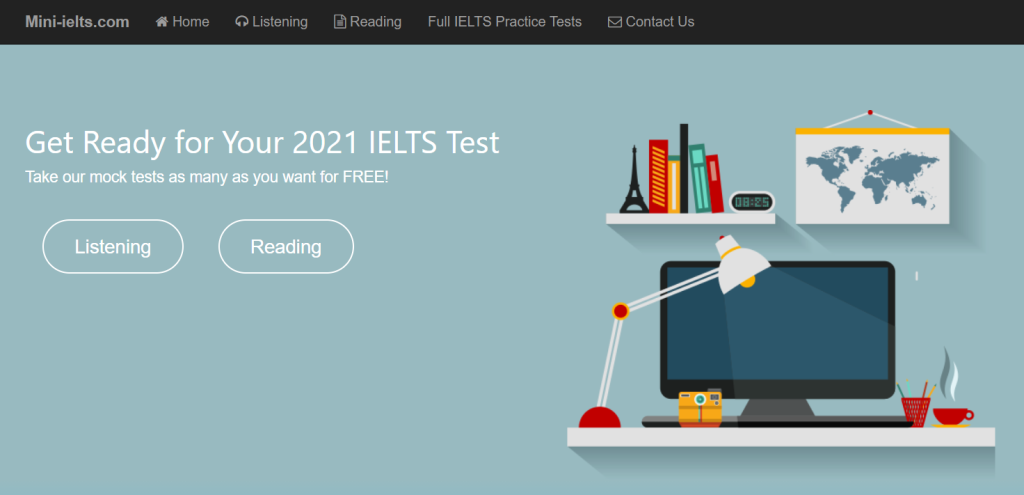
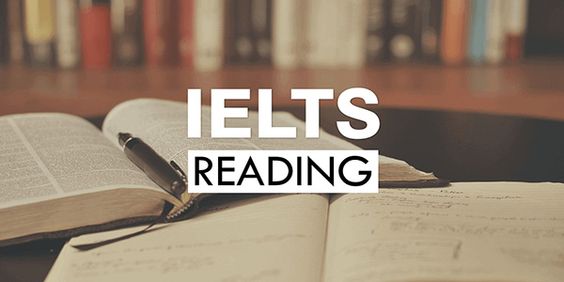
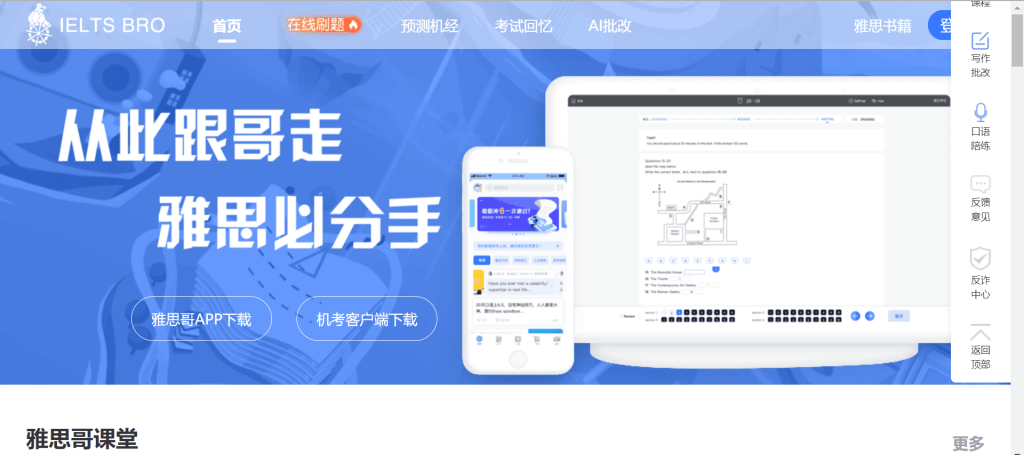
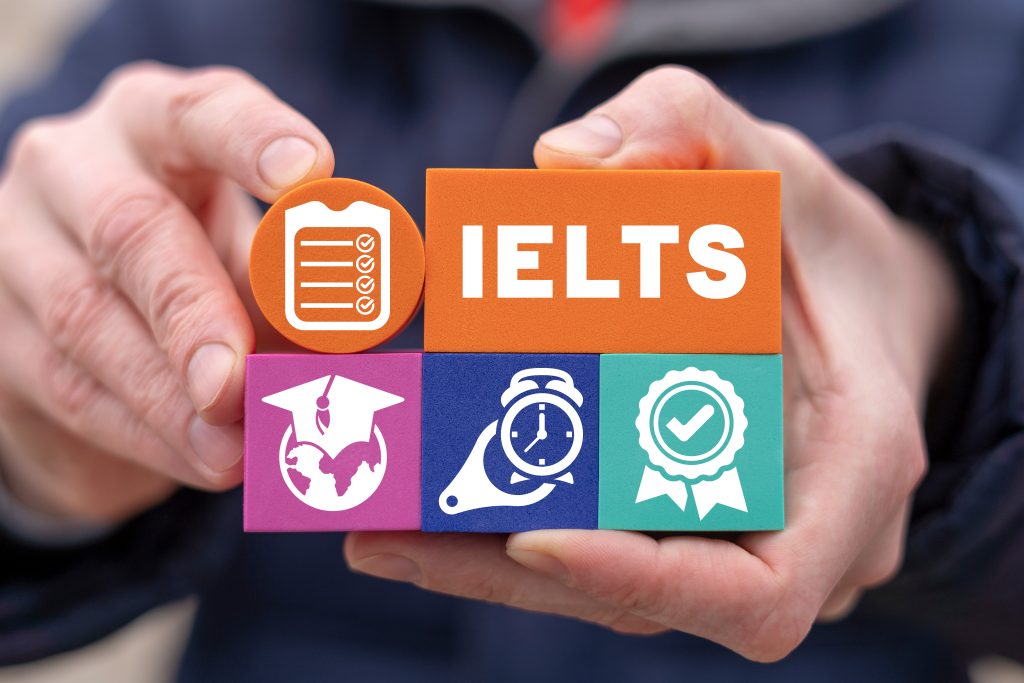
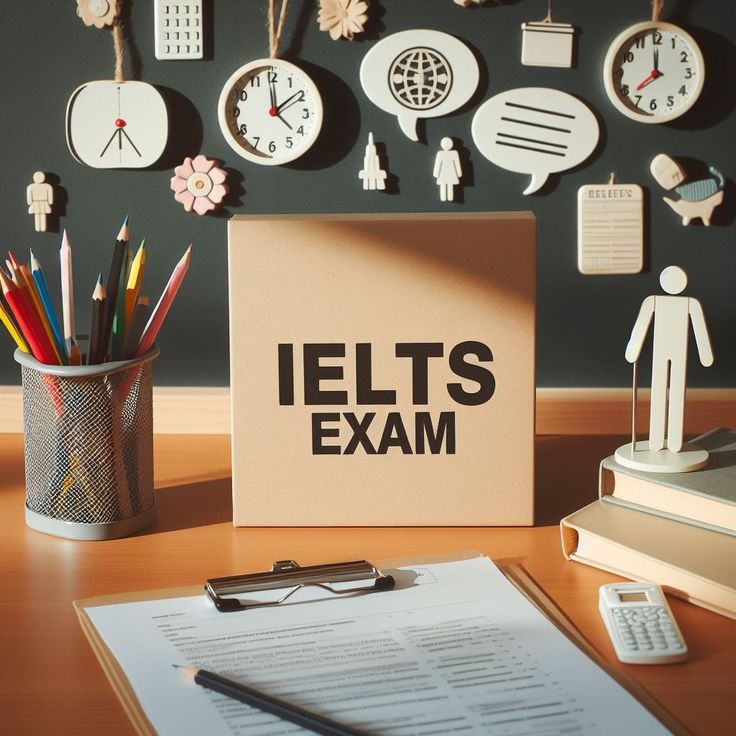
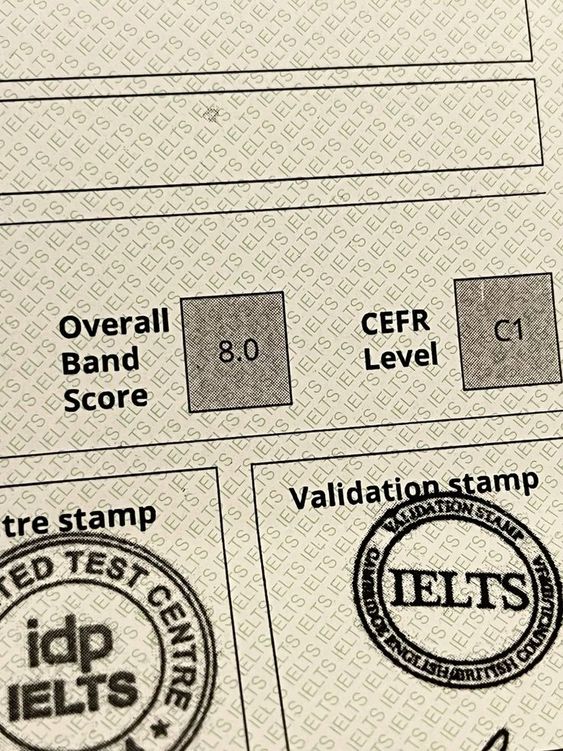

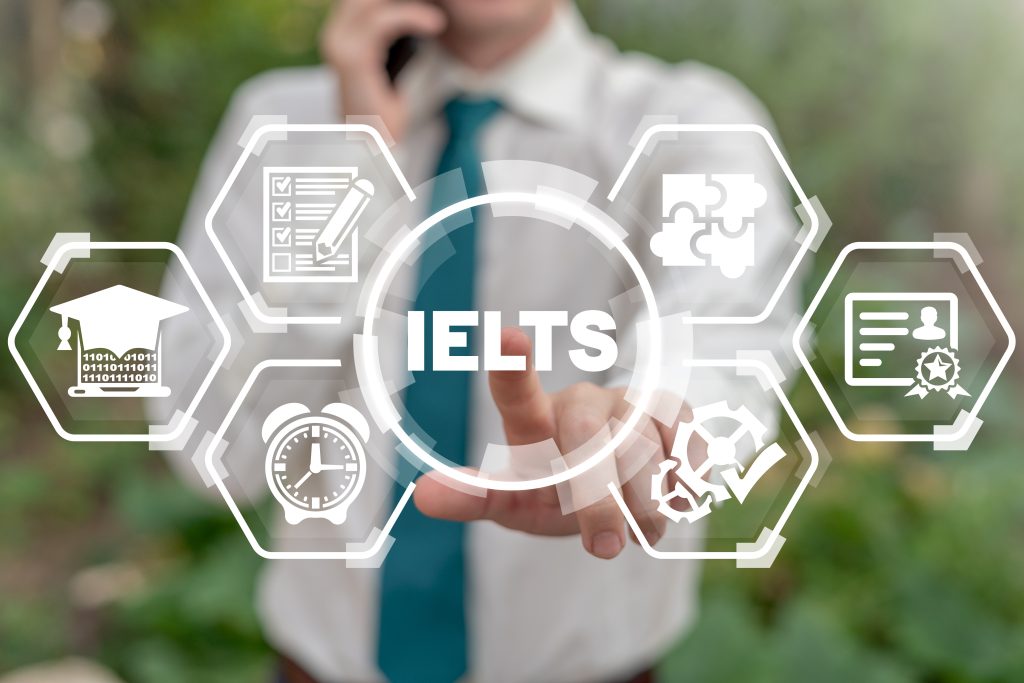
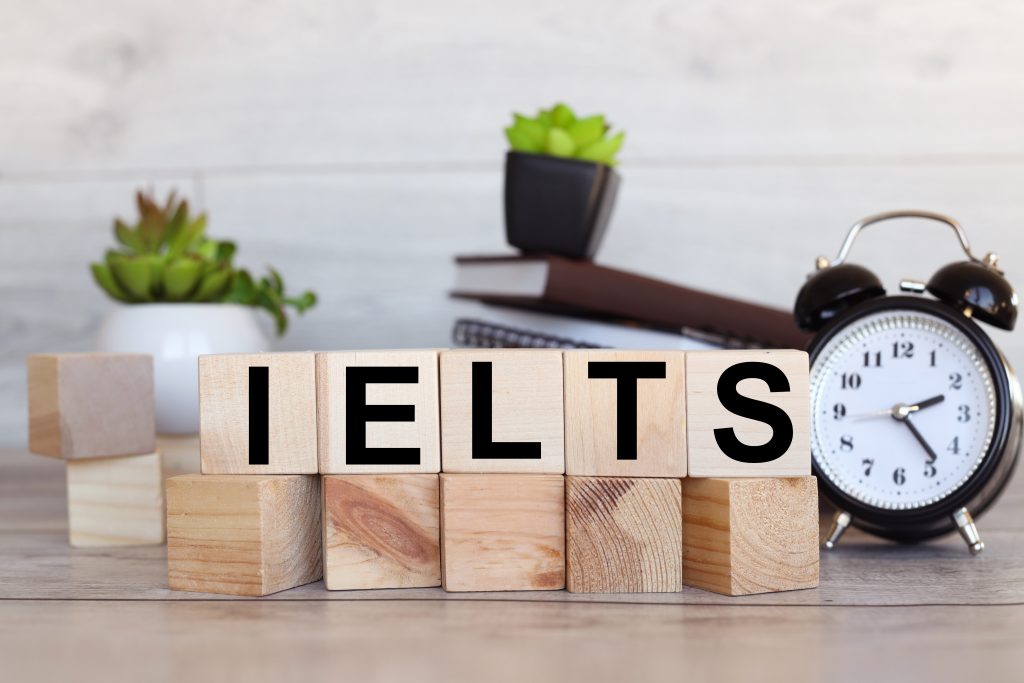
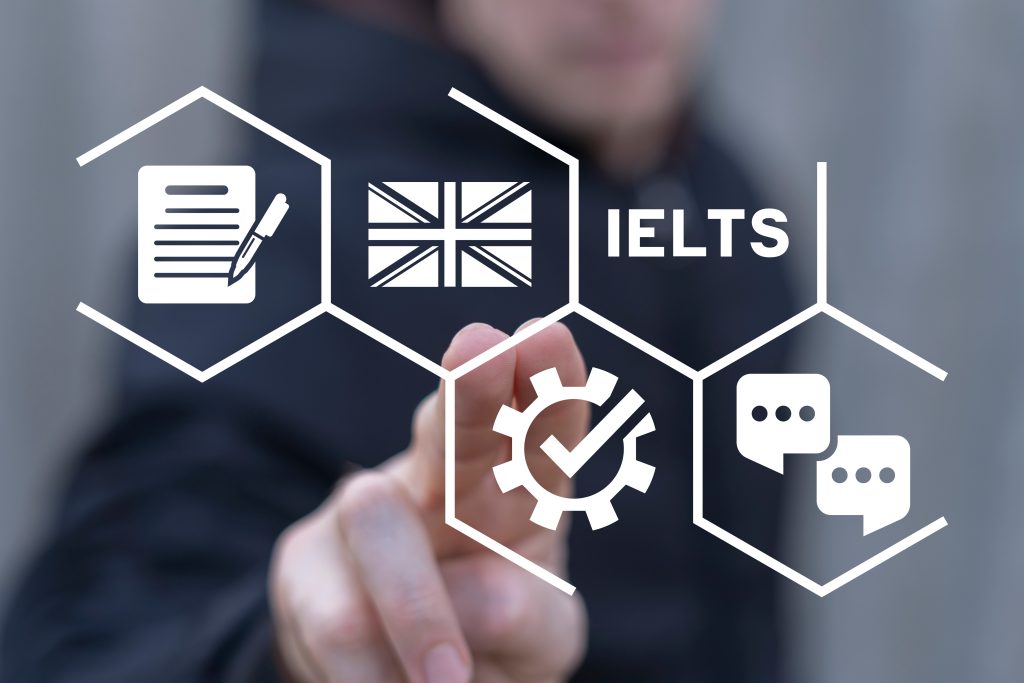
…
…
…